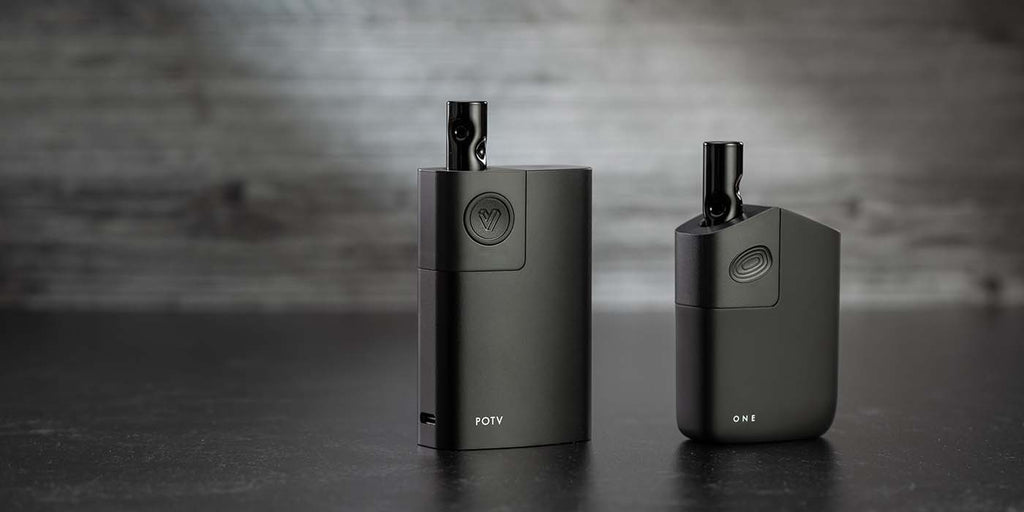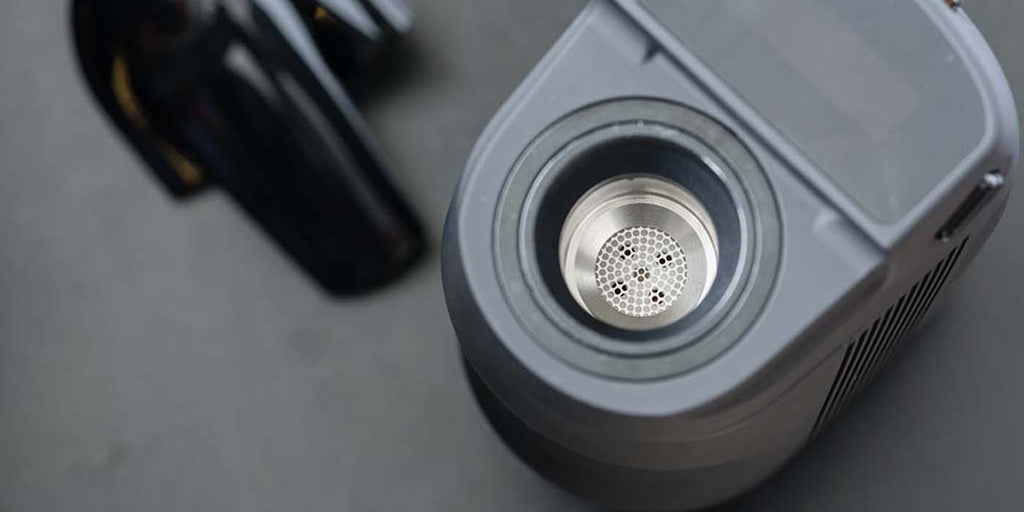
Smoking costs the UK economy over £20 billion per year and is one of the reasons the UK government has set a target for England to become smoke-free by 2030.(2) They have taken a harm reduction approach, aimed at encouraging smokers to transition to less harmful nicotine alternatives like e-cigarettes.
In order to strike a balance between giving consumers access to smoke-free alternatives and protecting public health, the government established the Tobacco and Regulated Products Regulations (TRPR) in 2016. This comprehensive legislation ensured that any related vaping products met stringent safety requirements, with bans on certain ingredients, package label warnings and limits on e-liquid volume and nicotine strength.
In the proceeding years, however, a growing black market emerged with vendors hawking illicit e-liquids and unregulated vape kits to unsuspecting consumers. Often sold at corner shops, these unscrupulous traders provide easy access to dangerous products, often with no barriers to underage selling. According to the UK Vaping Industry Association (UKVIA), the black market accounts for 50% of all single-use vape sales in the UK.(3)
This highlights the central debate around the ban of legitimate disposable vapes; the governments inability to tackle the existing problem of underage selling, and the worry that an outright ban would only make the black market worse.






